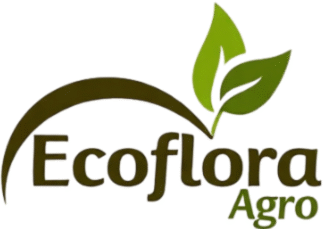Sassa Foster Child Grant Increased, New Payment Rates, Eligibility Rules, and Application Process Explained
The Foster Child Grant is a crucial form of financial support provided to caregivers who have legal custody of children placed in their care by the court. This grant ensures that foster parents can provide stability, nutrition, education, and emotional support to children who may have been removed from their biological families due to neglect, … Read more










